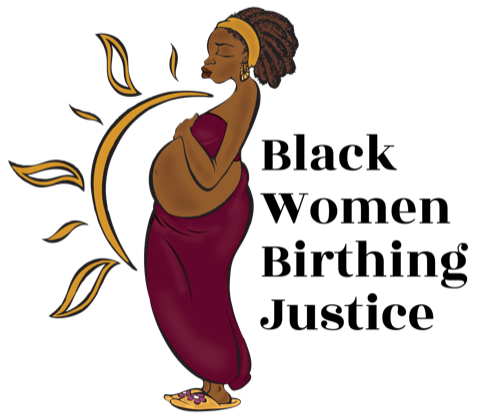How to Support Pregnant Black Women During the Journey to Motherhood
Expectant mothers are magnets for attention. Strangers in elevators comment on their baby bumps. Co-workers offer unprompted advice. Family and friends pass judgment on everything from epidurals to pregnancy diet to breastfeeding.
All that scrutiny could be too much to bear for any mom-to-be. But, it can be especially fraught for Black women. Some may struggle to get quality maternity care, while others face indifference or outright prejudice from doctors and other health professionals. Yet paradoxically, childbirth for these women can be overmedicalized, subjecting Black mothers and their infants to unnecessary stress and harm.
Giving birth is arguably one of life’s most natural acts. But a combination of lack of informed choices, inadequate family and social support, and cultural norms within the Black community can conspire to turn motherhood into a physical peril and an emotional minefield. Consider the following facts:
Black women die of pregnancy-related causes at more than three times the rate for White women.
Cesarean sections make up 35.4 percent of births by Black mothers, the highest share among any race.
Approximately 44% of Black women report depressive symptoms two weeks after giving birth, compared to 31% of White women.
Not surprisingly, these racial disparities have spawned widespread fear over childbirth and labor pains among African Americans. "Battling Over Birth,” a report by Black Women Birthing Justice, cites numerous cases of women who felt coerced into medical procedures they didn’t want or fully understand.
The Toll of Pregnancy
For some expectant Black mothers, the joy and anticipation of their pregnancy can be overshadowed by the stresses they navigate every day, said Dr. Tonya Davis, core faculty and clinical training director for Counseling@Northwestern, the online Master of Arts in Counseling program from The Family Institute at Northwestern University.
While it may not seem like they would have a direct bearing on a woman’s health, factors such as racism, poverty, family conflicts or even zip codes may exacerbate or even create complications during a pregnancy for women of color.
“The concept of systemic oppression is quite real, and the reality is that everyone does not have equitable access to health care,” Dr. Davis said.
Stereotyping or discrimination by clinicians can directly affect fetal or maternal health. In a national survey, women who reported feeling disrespected by health care providers because of their race, lack of insurance or differing opinions about their medical care were more than twice as likely to skip their follow-up visits after giving birth.
Black mothers also must contend with unique cultural hurdles. Take breastfeeding, for example: Black women face a number of negative cultural influences within the Black community about breastfeeding that play a role in breastfeeding rates. That attitude is one of the legacies of Black women’s historical roles as wet nurses. Wet nurses were Black female slaves, bought by slave owners to nurse their children, which left many slave children without their own mothers to nurse them. Because of this, many black families follow a tradition of using infant formula. And mothers of color often have nowhere to turn for lactation support or easy ways to pump milk while on the job.
Similarly, there are Black families that attach stigma to birth by midwives. They may regard it as a mark of poverty or “backwardness.” The myths, misunderstandings and entrenched customs regarding childbirth can pile up in such a way that women feel denied what should and could be a natural and blissful step into motherhood.
Ensuring “Good Birth”
How do we make giving birth less painful, less stressful and less dangerous?
One way is by providing knowledge and support to empower women to make the best decisions for themselves and their babies. Studies have found that pregnant Black women who are attended by caregivers who shared their ethnicity perceived less pain during labor. And women who gave birth with the help of a doula were less likely to have C-sections. The pivotal factors behind those outcomes were trust and respect for the mothers’ autonomy.
Dr. Davis offers ways that family and counselors can better support expectant women:
Explain the physical, mental and emotional changes happening to their bodies.
Set a baseline for good mental health so women can recognize the signs of pregnancy-related depression and other problems.
Help them prepare for their roles as new mothers, including how to handle the logistical demands.
The road to motherhood is never a solo journey. Everyone from partners and health care providers to co-workers and neighbors can play a role — to listen, reassure, educate and offer loving encouragement. Create what Black Women Birthing Justice calls a “circle of support” and arm yourself with the necessary knowledge to make healthy, informed decisions.
About the Author:
Alexis Anderson is a Sr. Digital PR Coordinator covering K-12 education at 2U, Inc. Alexis supports outreach for their school counseling, teaching, mental health, and occupational therapy programs.
